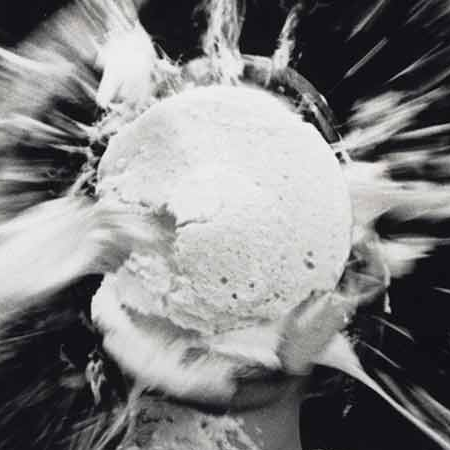Looking for a normie KDE distro that works out of the box and is stable without issues.
Endeavour OS with KDE
stable
without issues
Arch
Fedora kde
Fedora kinoite
I don’t think immutable is normie.
How more normie could it be? You install all graphical apps via flatpak and since flathub uses reverse domain names it’s much easier to install via the store than on terminal
And want to switch to another DE? don’t reinstall your whole system, just replace the base layer.
Well immutable os have some limitation mainly from flatpak.
I’ve been using this for a few months now. It’s really good. A normie might want to look in to Slowroll though for extra stability. Is Slowroll even out yet?
It’s available, but still experimental I think.
Kubuntu is most normie. Its just Ubuntu but with KDE instead of Gnome. KDE Neon has the latest KDE but the update process is a mess so I can’t recommend it.
Personally I use EndeavourOS with KDE and find it very easy. Updates are literally just typing
yay. But I understand that Arch based distros aren’t for everyone.I’m using kubuntu right now. Test it out fedora for about 3 hours before I ran into a bug and went back to the KUbuntu hard drive. Normie means it just works, or at the very least googling the answer leads to good solutions. Only ubuntu has that
Probably the most normie would be KDE neon (Ubuntu) as it’s made by the KDE community https://neon.kde.org/
Personally, I use EndeavourOS (Arch-based) with KDE and it worked out-of-the-box for me.
MX Linux with KDE?
If you have an AMD machine it even has a “advanced hardware system” iso for high end pcs
You have to reinstall mxlinux every time a new debian version comes out. Not really “normie” IMHO.
Do you really have to reinstall from scratch or is it sufficient to update the sources.list to the new Debian release and perform dist-upgrade like for Debian?
I read their documentation yesterday, and it strongly advised a complete reinstall. While they do have a tool that eases the process of storing your setup and then recovering it on top of a new install, it’s still significantly more complicated than just ‘sudo apt upgrade’.
I like Ubuntu Budgie.
Budgie is very much not KDE.
I highly recommend Kubuntu. I don’t use any snaps though. And I always install the LTS version. Been using it for over a dozen years.
I don’t use any snaps though.
Oh sweet summer child…
openSUSE Tumbleweed. It’s rolling and reliable.
Rolling release: openSUSE Tumbleweed Semi-annual release: Fedora KDE Spin LTS: Kubuntu (3 years), Debian (5 years), AlmaLinux (10 years)
I personally think semi-annual is where it’s at. You get packages that are mostly up-to-date (and with Flatpak user-facing software is up-to-date anyway), and you don’t have to fear that something will break/be incompatible with every small update.
I’m running TW and it’s great. If you don’t want a rolling release, OpenSUSE created Slowroll, that is supposed to release major updates every one or two months, which would probably be my go to if I were to start over.
Everyone is waiting for Slowroll I think.
Debian 12 stable with KDE is smooth sailing
Manjaro.
“Stable”, really? Delaying packages isn’t stable, in fact it can break AUR packages.
I never had an issue and I’ve been using Manjaro exclusively for 3+ years.
I think Arch has had issues that Manjaro was able to avoid in the meantime because Manjaro doesn’t push updates as quickly as Arch.
OpenSUSE Tumbleweed, great KDE defaults - up to date - stable. Does things a bit differently than most distros but it’s pretty easy to get used to.
That what I use, and it’s perfect
















